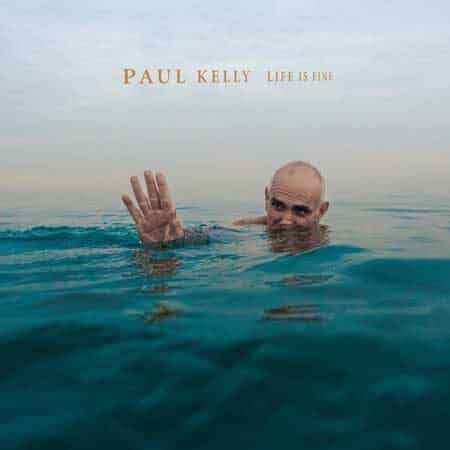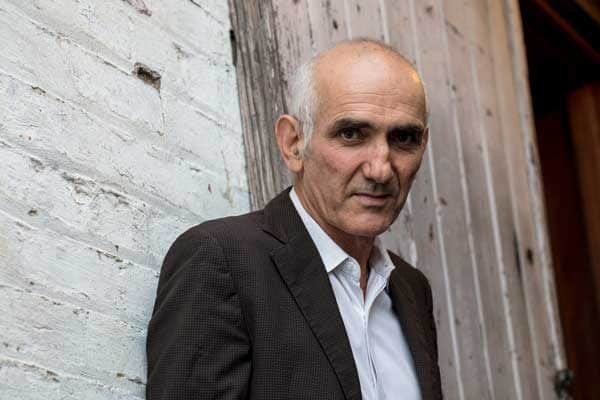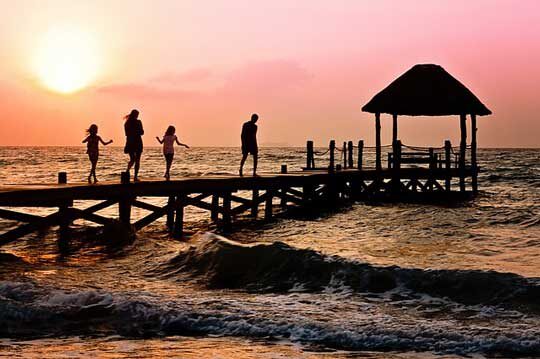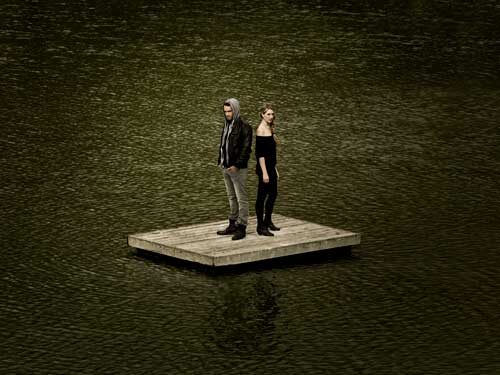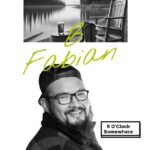From early on in his career, singer/songwriter Paul Kelly has been recognised as one of the most significant talents in Australian music.
Winner of several ARIA awards, added to his long list of musical achievements was being appointed an Officer of the Order of Australia this year for distinguished service to the performing arts and to the promotion of the national identity through contributions as a singer, songwriter and musician.
Music style ranging from bluegrass to studio-oriented dub reggae, his core output straddles folk, rock, and country. The lyrics he pens have been said to capture the vast and unique landscape of Australian culture.
Adored by fans in his native Australia and indeed the world over, his latest album, ‘Life is Fine’, is more rock than his recent releases and marks a return to his early roots with The Messengers. Sonic diversity rules on the new collection, from the R&B grooves in the sizzling opener, “Rising Moon,” to jumping rockers (“Firewood and Candles,” “Rock Out on the Sea”), to fun tracks (“Leah: The Sequel”) to exquisite and rich tunes (such as “Letters in the Rain,” “Petrichor”). Life Is Fine is one of Kelly’s strongest and most evocative albums, another treasure to sit proudly on the shelf beside any of his earlier classics.
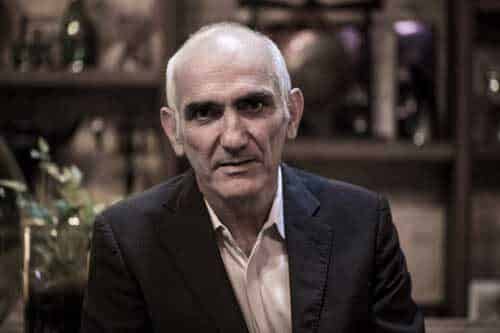
Tell us what inspired you to return to your earlier influences and write your latest album?
Last year I put out two records. One of Shakespeare sonnets set to music – Seven Sonnets and a Song. The other – Death’s Dateless Night – was a set of songs I’d sung at funerals. The record prior to that – The Merri Soul Sessions – featured six different singers. I thought it was time to do a so called ‘normal record’. Something upbeat and playful with many colours, featuring the whole band. Earlier influences and later influences are all mixed up for me.
You’ve written in more than one musical genre. Is there a particular one closest to your heart?
I like mongrel music. All the different side-tracks and cul-de-sacs I go down end up influencing the sounds I make when I decide to take a main road. I keep on going back to Hank Williams, though.
How different is the process for you when collaborating on a song?
When you collaborate successfully – and it’s not always successful – you end up with something that neither you nor your collaborator or collaborators could make by yourself. That’s a good feeling – to be connected to something larger than yourself. I guess that’s why people join sports clubs, get religion, have children and all that.
You’ve played to a wide variety of audiences. Do you prefer the intimacy of a smaller gig or the enormity of a larger venue?
I like variety. The big and the small, the quiet and the rowdy, the green grass and the sticky carpet.
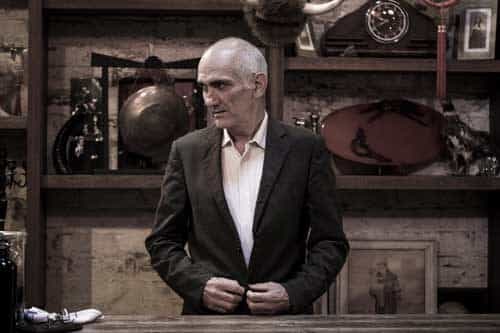
You’ve written songs for other artists before. If there was one person in the world other you could write a song for, who would it be and why?
Frank Sinatra but I’m too late for that. Willie Nelson but I’m running out of time. Frank put the ba-da-bing into Bing Crosby. Tough and tender, hard and vulnerable. One minute the swagger man, next the stagger man.
Your audience seems to span more than a few generations. How does it make you feel knowing your music lives on in the hearts and minds of those who weren’t born when you first started out?
I was influenced by those who went before me. By those who lived before I was born. In my music and writing I like to point people to all kinds of wonders that I fell in love with. Nothing comes from nowhere. Or is that everything comes from somewhere? We just pick it up and pass it on.
Do you get nervous or have a must-do routine before performing?
Yes, I get nervous. My grandmother who sang opera gave me the best advice. If you’re nervous be quiet and take some deep breaths. I use that advice all the time. With the band, we usually have a bit of a sing-a-long before shows. Bowie, Kinks and Small Faces work well.
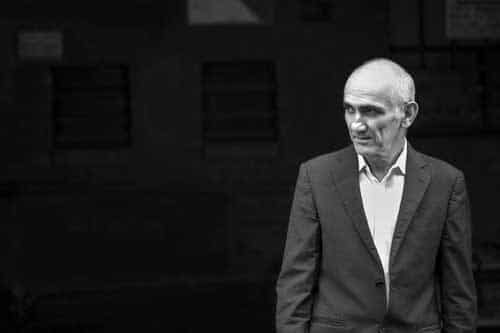
And now onto something closer to home. I’ve read that you have seven siblings. What was it like to grow up in such a large family?
I don’t know anything else so it’s hard to compare. I like being in a big family. I like my brothers and sisters and like spending time with them. We always seem to have a lot to talk about. It also makes me feel safe in the world, as safe as one can be. If any of us are in trouble we always have each other to help us through.
Are there any other artists in your family?
Some musicians, songwriters and writers in the wider clan. My eldest sister – a nun – used to write hymns that were popular. I guess she’s the first songwriter in the family. Also, we have quite a few teachers which is an art in itself.
If you weren’t writing and performing, what do you think you’d be doing career-wise?
I would have had a sporting career playing AFL footy or test cricket. (In my dreams.) Then I could have become a sports writer perhaps when the body got creaky. I’m still a chance.
Who has been your biggest influence?
My parents.
And finally, the industry has evolved a great deal since you started out. What advice would you give to any upcoming singer/songwriters out there?
Never sign anything without showing it to a lawyer. Trust your instincts. And, if possible, try not to sleep with someone in your band.
